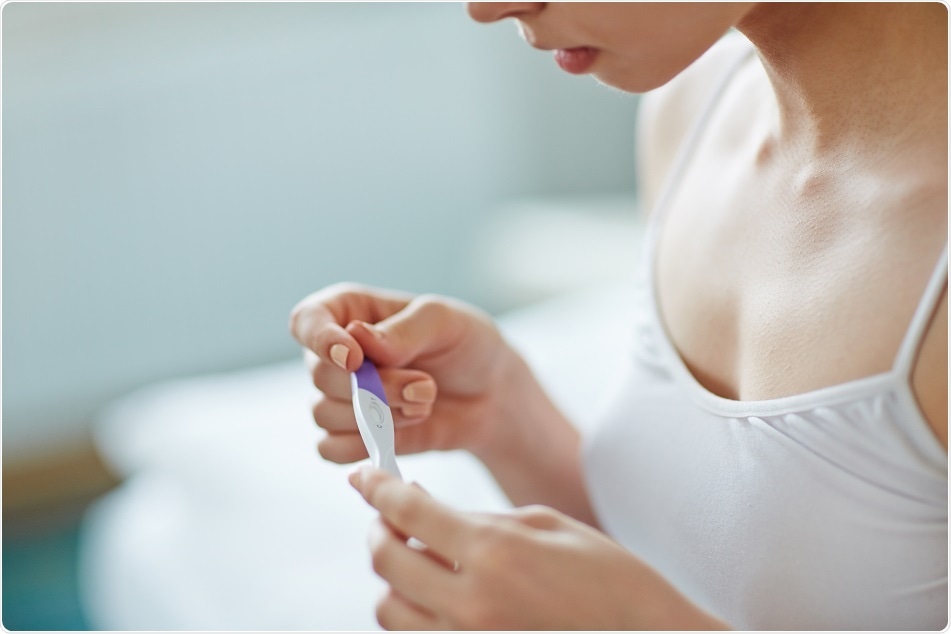Dec 13 2017
A study published in the journal, Proceedings of the National Academy of Science, may have identified the role of estrogen in problems associated with infertility. The results of the study showed the cause of some undiagnosed infertility problems and enabled various birth control methods.

Credit: Pressmaster/ Shutterstock.com
Scientists at the University of Wisconsin-Madison have upended the traditional understanding of the hormonal cascade. For several years, scientists have known that a group of neurons in the brain called the hypothalamus and the cells in the pituitary gland are responsible for controlling the menstrual cycle. The brain stimulates the pituitary to produce hormones that prompt the ovaries to produce estrogen, particularly one named estradiol.
Estradiol collects in the bloodstream until its concentration causes a surge of the hypothalamic and pituitary hormones, including the luteinizing hormone, which in turn triggers the ovary to release an egg.
it's a feedback loop, and scientists have thought for some time that it was all to do with the estrogen from the ovaries. Then, in 2013, we discovered the hypothalamus was releasing estradiol like the ovaries, and we were so surprised.”
Dr. Ei Terasawa, University of Wisconsin-Madison
In the study, scientists examined the levels of estrogen production in the brains of rhesus macaque monkeys with their ovaries removed. They implanted capsules beneath the monkeys' skin that released estradiol, tricking their brains into thinking there were ovaries at work preparing for ovulation.
On the other hand, the animals were prevented from producing their own estrogens by hindering the work of the aromatase enzyme, which is important for estrogen production.
In the absence of estradiol produced by the monkeys, the increased release of luteinizing hormone began; however, it fell short of the full surge required to trigger ovulation by about 70% than animals with unsuppressed estrogen production.
To close in on where the estrogen was doing its work, the team repeated the process, but the production of estradiol specifically in the hypothalamus in the monkeys was blocked.
They observed the emergence of hypothalamic hormones, gonadotropin-releasing hormone and kisspeptin, which indicated that the key neurons were ramping up to cue the luteinizing hormone surge.
In this case, the release of all the three ovulation-signaling hormones was reduced, indicating that estradiol impacts the brain.
Brian Kenealy, co-author of the study explained: "The ovarian estrogen starts the surge, but the brain estrogen allows the surge to continue. When we block the production of brain estrogen, we still start the surge, but basically we cut the top off the mountain and the surge is drastically reduced."
A novel vision of the hormonal progression to ovulation is expected to have clinical applications. According to Kenealy, further studies in the field might help doctors to figure out a better way to treat people with fertility issues.
Source:
https://www.eurekalert.org/pub_releases/2017-12/uow-edc121217.phpEstrogen discovery could shed new light on fertility problems